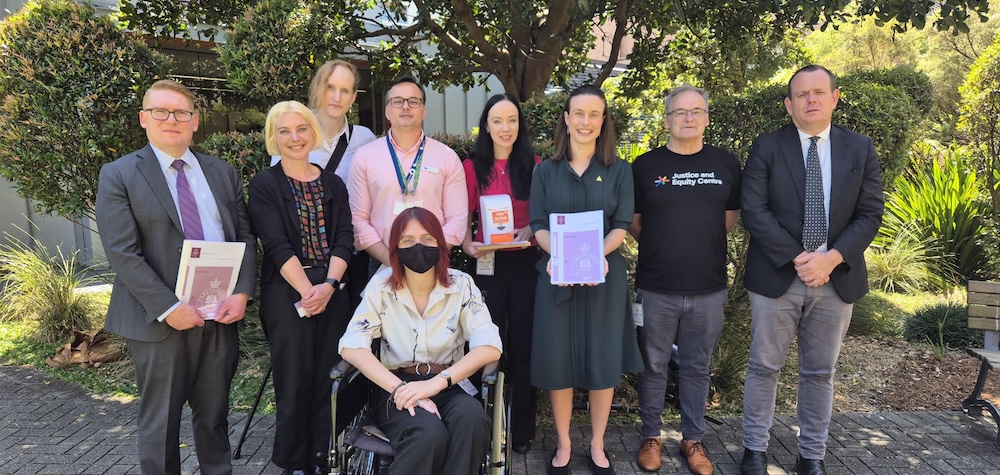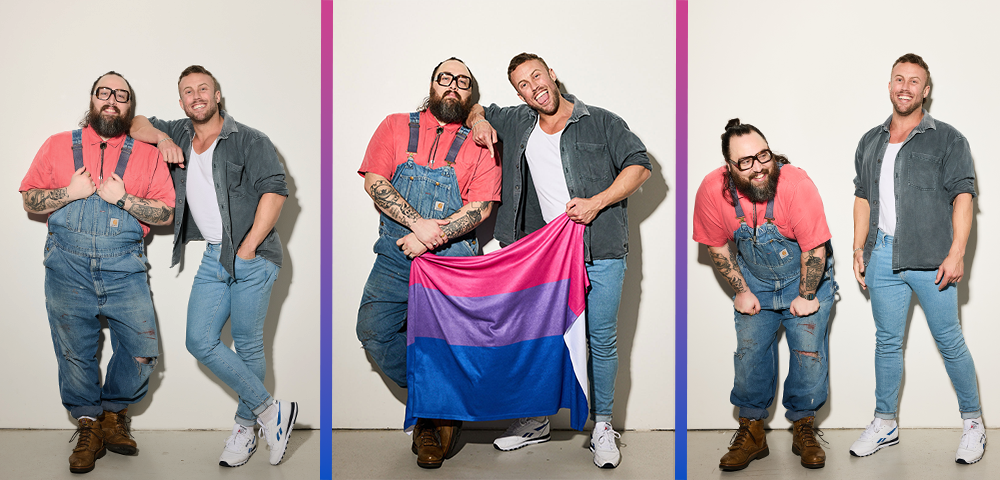
Constitutional protection
As usual, the Castan Centre’s annual Human Rights (2012) Conference last Friday offered a mind-expanding collection of speakers including Sami Ben Gharbia.
The Tunisian blogger used his personal experience to talk about social media’s role in the Arab Spring.
Although no speakers addressed LGBTI people’s rights directly, some of what was said is of relevance to us.
Barrister and former federal court judge Ron Merkel QC’s speech was probably the most germane.
Merkel argues that although the Australian Constitution envisaged the states as having the most power, they don’t necessarily in practice.
He says the Constitution has adapted to be “highly protective of human rights against capricious legislative power” and has “embedded a culture of rights more justicial than any Bill of Rights could”.
I interpret this as meaning that, in the courts, the Constitution would protect our rights better than they would be protected if the federal government had adopted the recommendations of the Brennan National Human Rights Consultation and promulgated a Human Rights Act.
Under the separation of powers in the Constitution, Parliament is supposed to make laws, the Executive to administer them, and the Judiciary to oversee this process.
According to Merkel, “the court stands between an individual and the abuse of executive power… no decision by a politician is immune from judicial review [and] anyone who can exercise executive power is accountable to the judiciary” – including, Merkel argues, state politicians.
Merkel provided a number of instances where the Constitution could be/had been used to protect individuals’ rights.
However, constitutional protections are not quite as clearcut since the Williams case, in which the High Court’s ruling that federal funding of chaplains in public schools was unconstitutional – upon which the Government passed legislation to circumvent this problem.
Given the chaplains’ prospective views on LGBTI people and sexuality, this may be problematic for us – and others.
It was disappointing to me personally in question time when Merkel said he was not familiar enough with the currently-in-progress consolidation of Commonwealth anti-discrimination laws to comment upon it in light of what he had said about human rights protections in the Constitution.
It is to be hoped that the one will not work against the other in the context of LGBTI human rights.
INFO: Human Rights 2012 was recorded, for more details go to http://www.law.monash.edu.au/castancentre/
Barbary Clarke is convenor of the VGLRL’s Policy Working Group.









